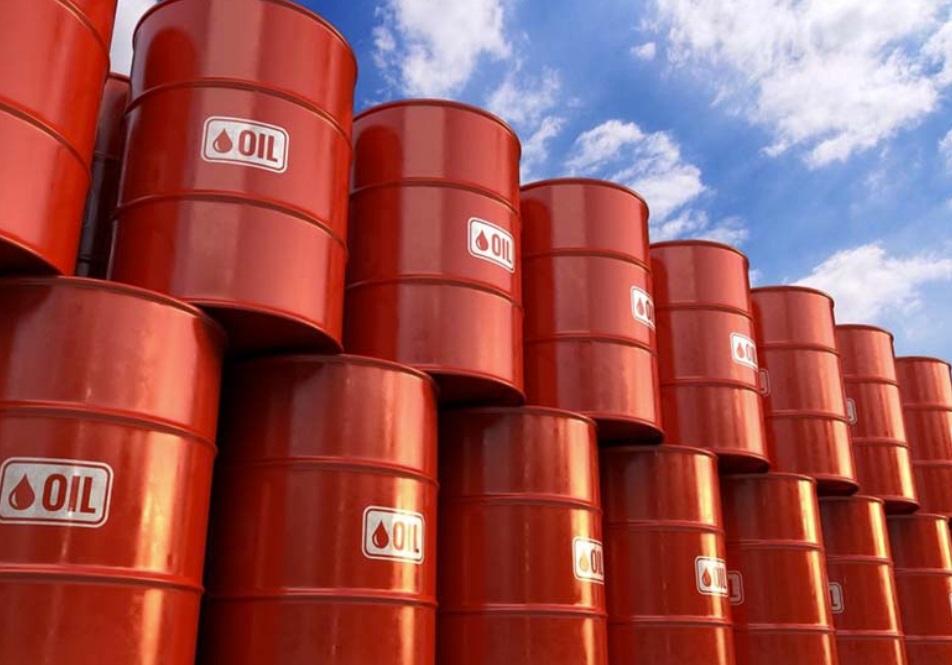Brent crude has risen about 33 percent this year and is close to the highest in six months. While higher prices due to strong demand typically reflects a robust world economy, a shock from constrained supply is a negative.
1. What does it mean for global growth?
The impact will vary. Rising oil prices will hurt household income and spending and it could accelerate inflation. As the world’s biggest importer of oil, China is vulnerable, and many countries in Europe also rely on imported energy.
2. How can the world economy absorb oil at $100?
Analysis by Oxford Economics found that Brent at $100 per barrel by the end of 2019 means the level of global gross domestic product would be 0.6 percent lower than currently projected by end-2020, with inflation on average 0.7 percentage points higher.
3. How will Iran and Trump impact the market?
An upending of global oil trade around the Iran-Trump spat could continue to have a sizable impact on financial markets, as the affected supply is as much as 800,000 barrels a day. Uncertainties around availability have already whipsawed oil markets. And the political sensitivities of these developments have other markets bracing for volatility.
4. Who wins from higher oil prices?
Emerging economies dominate the list of oil-producing nations which is why they’re affected more than developed ones. The increase in revenues will help to repair budgets and current account deficits, allowing governments to increase spending that will spur investment. Winners include Saudi Arabia, Russia, Norway, Nigeria and Ecuador according to analysis by Nomura.
5. Who loses?
Those emerging economies nursing current account and fiscal deficits run the risk of large capital outflows and weaker currencies, which in turn would spark inflation. Nomura’s losers list includes Turkey, Ukraine and India.
6. What does it mean for the world’s biggest economy?
While U.S. oil producers try to take advantage of any sales boost from customers moving away from Iran, the broader U.S. economy won’t necessarily see benefits with oil price tags as high as $100 a barrel. It would be a squeeze on American consumers that are the backbone of still-steady economic growth.
7. Will it lead to higher inflation around the world?
Because energy features prominently in consumer price gauges, policy makers look to core indexes that remove volatile components. If the run-up in prices proves to be substantial, and sustained, those costs will filter through to transportation and utilities.
8. What does it mean for central banks?
Led by the Federal Reserve, central banks around the world have taken a dovish tilt as the absence of inflation allows policy makers to shift their focus to slowing growth. That’s unlikely to quickly change. The International Monetary Fund this month lowered its global growth forecast and said the world is in a “delicate moment.”
